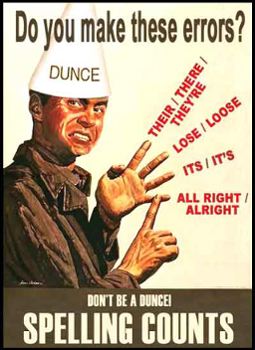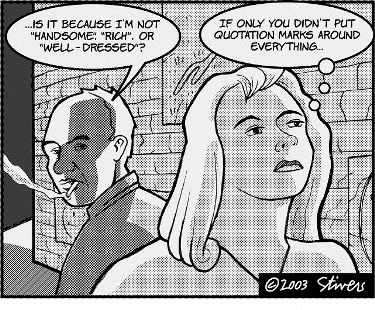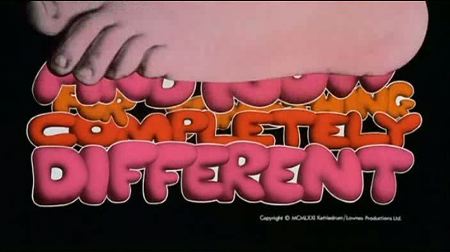That Pesky Spell Check
I was rereading a few of my text messages the other day on my iPhone. I was looking for a bit of information a friend had given me, so I had the chance to read what I’d written.
I was a little bit embarrassed. Oh the violations of Funk and Wagnalls I’ve committed and sent out to the universe.
Since I have a full keyboard to use for texting, I tend to shy away from the internet approved shortened word uses. It’s a point of pride to write in full sentence form.
I don’t know why, it just is.
However…that very aggressive auto correct on the phone does tend to trip me up.
That got me to thinking about how much I rely on spell check and auto correct these days, which is bad. Spell check isn’t perfect. A 100% spell checked document could still have mistakes.
Gah!
There are a LOT of words that when spelled wrong, are actually still a word. But ya still look kinda silly using the wrong word.
Also, plenty of times, spell check suggests the wrong word entirely.
I see these misused but correctly spelled quite a bit online, in email and of course, on places like Facebook and Twitter.
You can find a few examples here:
10 Common Errors “Spell Check” Won’t Catch
(I’ll ignore the blatant use of unnecessary quotes in that headline)
Yeah, I’ve either seen or made (or both) all of the errors in the article.
There’s a few that get me that aren’t on that list…like:
Rein, meaning how you steer a horse and;
Reign, meaning how you rule a kingdom.
Right, as in I get to have it, and;
Rite, as in I get to dance under the moon about it.
Also troublsome…
To, too and two. I tend to put too many o’s in there at the wrong time. It’s hard to tell the two apart.
And one that makes me bonkers is lose and loose. I see a LOT of posts on support boards about “if I could only loose ten pounds.” It’s a pet peeve.
The article lists through versus threw. However…that’s not where my language and typing skills break down. Nope, I struggle with
Through, as in, I’m past it and;
Thorough, as in I did a complete job.
I even struggled typing that sentence. Gah!
I’ve noticed lately that even publishing houses, once the very model of correct spelling and grammar, are also slacking off in this department. The last four books I’ve read, all recent publications, have had typos, as many as six in one case.
And internet news articles! Ugh!
It seems no one is watching the chicken coop any more on spelling and grammar. Despite trying really hard not to slip, even I’m guilty as charged.
I fret that as our language continues to evolve, misspelling and bad grammar will become appropriate. English teachers of the world, unite!




